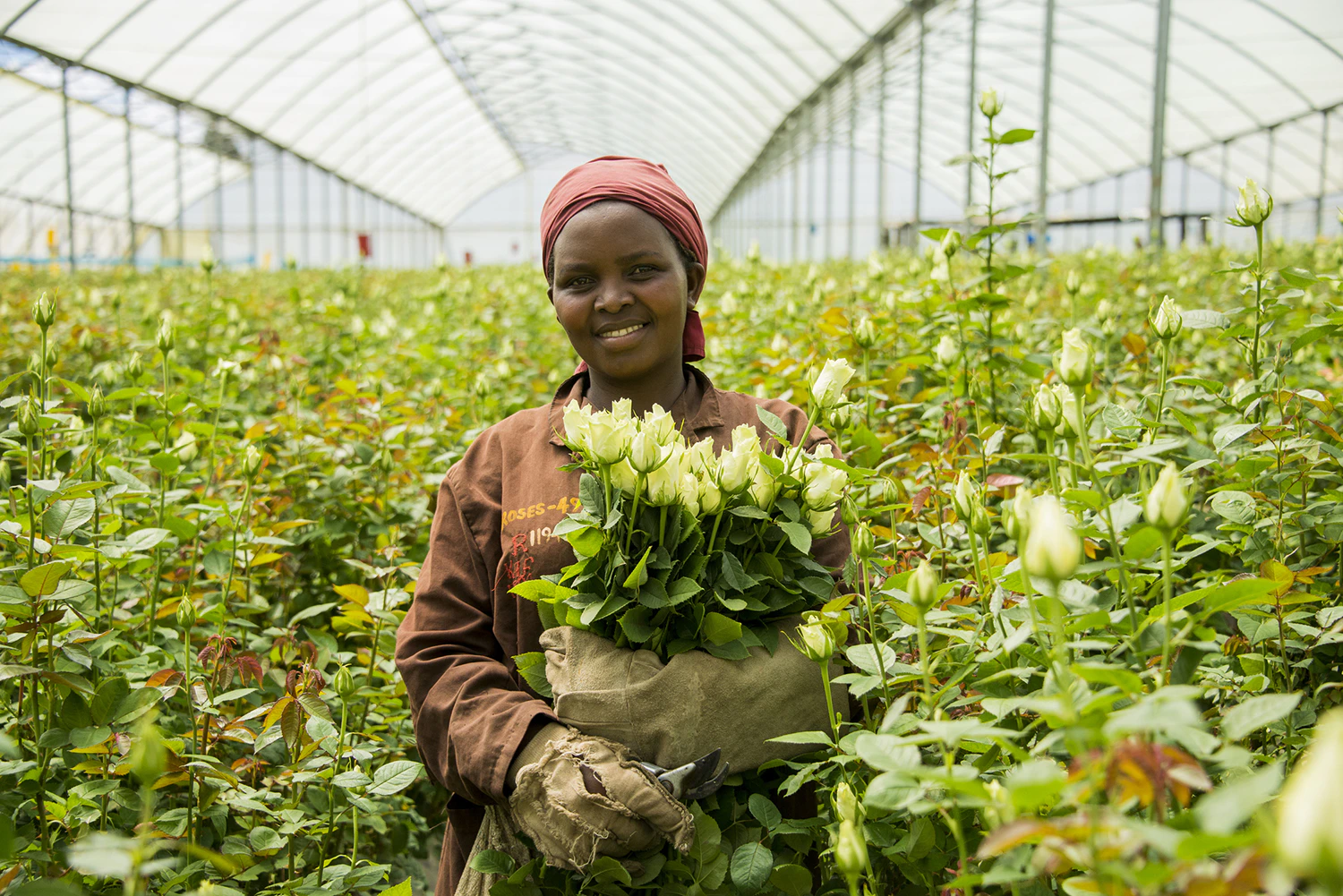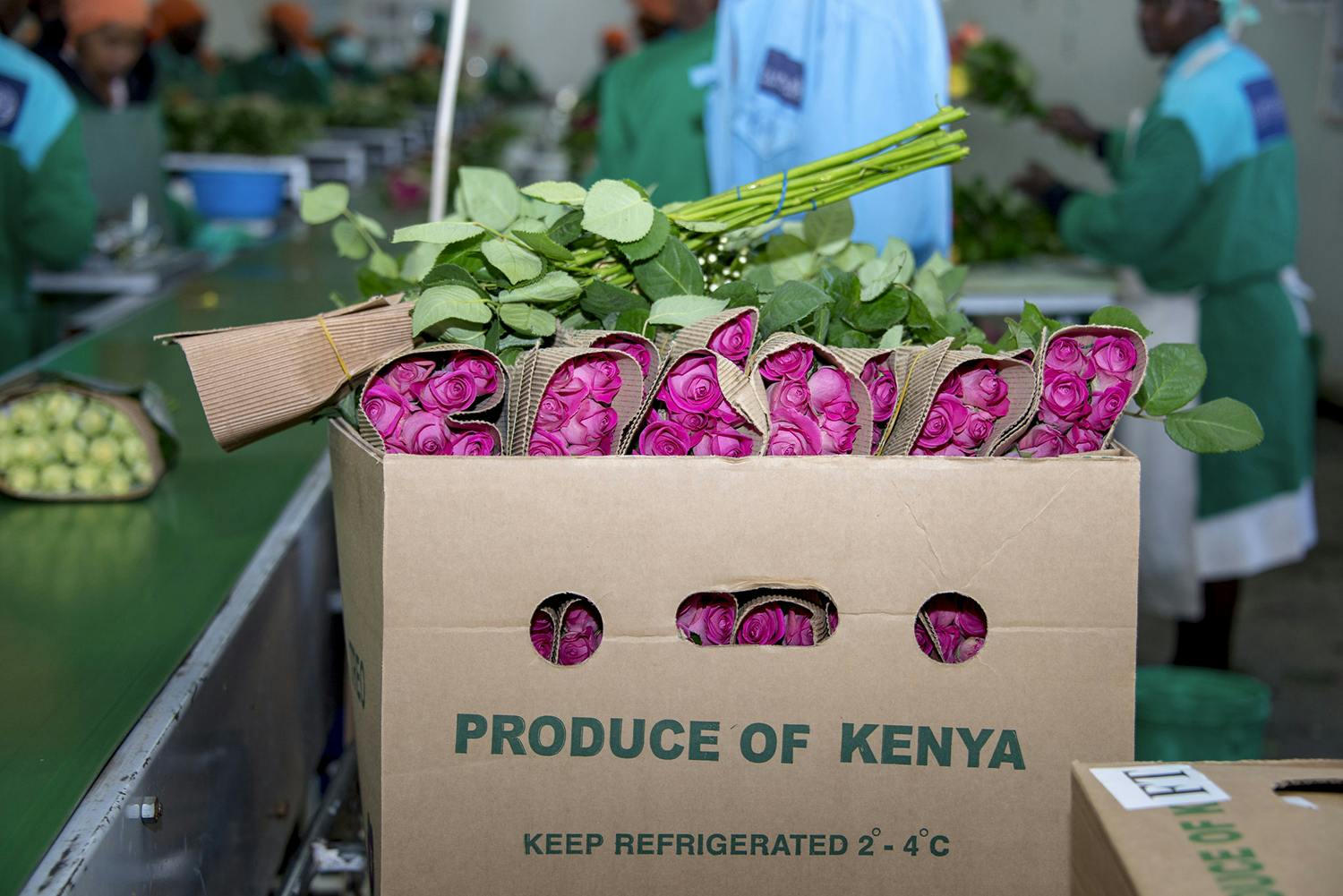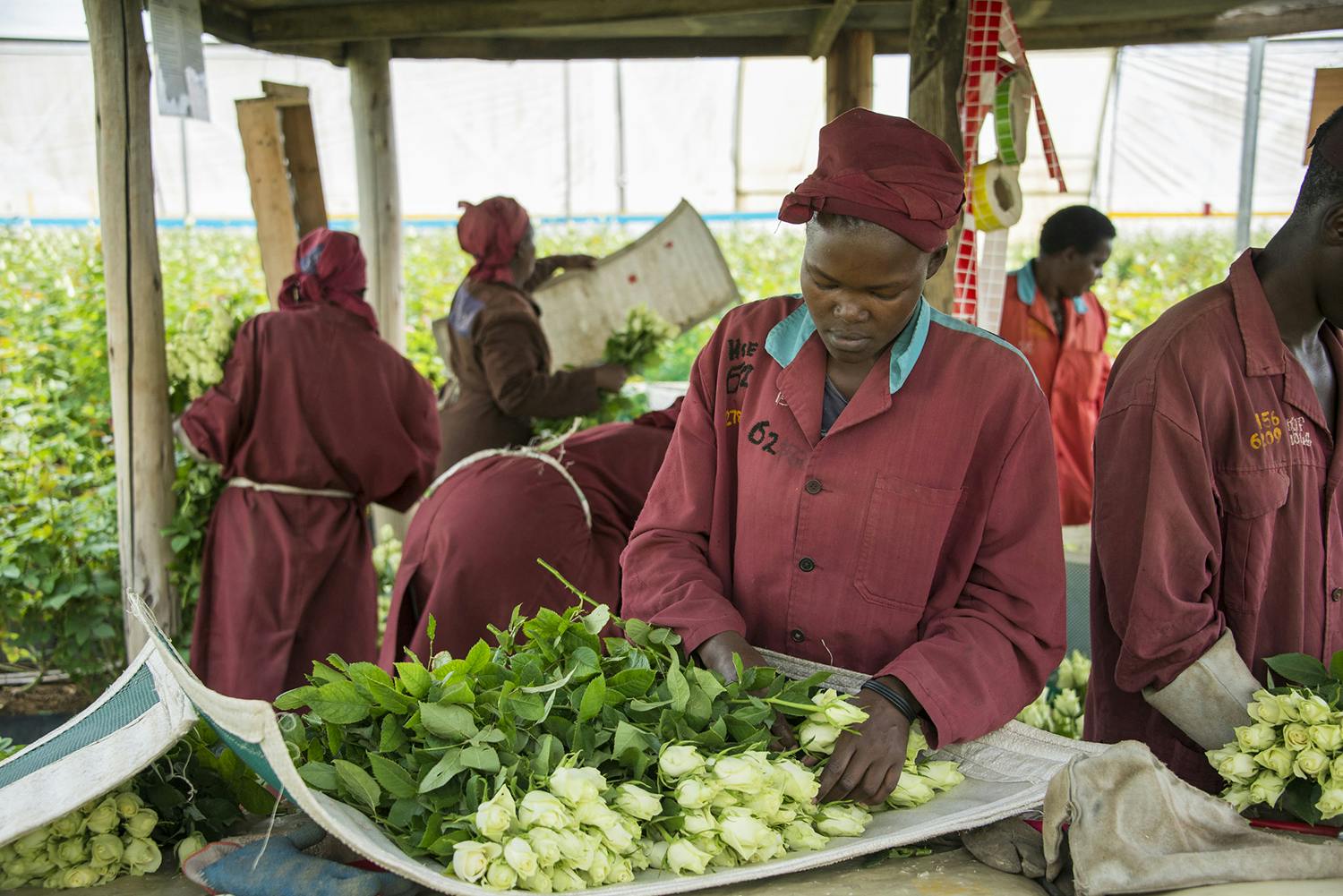Since 2007, Gold Standard climate protection projects run by WWF and Coop have reduced around 400,000 tons of CO2 and improved the living conditions of over 460,000 people.

This innovative portfolio of climate protection projects developed by Coop and WWF since the start of their strategic partnership has achieved:
- 393,409 tons of greenhouse gases avoided
- Improved living conditions for 461,465 people, including access to clean water, reduction of energy costs, better air quality in interiors
- Forestation or reduction of deforestation on 2,143 hectares of land
All projects are either Gold Standard certified or working towards certification. Katrin Oswald, Senior Manager Sustainable Markets, shares, “WWF only supports offsetting greenhouse gases if this results in a verifiable positive impact on the environment, the locals, and biodiversity. Furthermore, offsetting must always occur in conjunction with ambitious CO2 reduction measures, not instead of them. Our collaboration with Coop does just that.”
CO2 reduction despite growth
Coop has made a commitment to WWF to cut company CO2 emissions in half by 2023 (compared to 2008) despite continued growth. To date, they have achieved a reduction of 33%. Furthermore, CO2 caused by air transport of goods (largest share), coop@home deliveries, and business trips will be avoided and reduced. The company turns to offsetting as the last step in their strategy, which creates an incentive to reduce even further. Because this is expensive, those responsible for procurement are motivated to reduce transports by plane. So far, this has led to an absolute reduction of CO2 emissions caused by air transport of 13% compared to 2008. To help build consumer awareness of the variable climate impact for the goods they buy, Coop will now mark any goods that are flown in with the “by air” label.
Benefits for people and the environment close to Coop's supply chain
All climate protection projects take place exclusively in regions cultivating products that land on Coop’s shelves, such as coffee, cocoa, rice, or cut flowers – wherever possible, these are certified fair-trade and organic products. The project investments and added values directly benefit the producers who supply Coop. The projects not only make a contribution towards climate protection, but also generate an added value for the local people and biodiversity while also incorporating all relevant interest groups. Examples:
- Biogas plants, in addition to efficient wood-burning ovens that require less firewood than traditional ovens, relieve locals from the need to collect wood, thereby reducing deforestation. In addition, they enable smoke-free cooking, which saves lives: according to the WHO, more people globally die from smoke emitted through cooking on open fireplaces than from malaria.
- Reforestation of cocoa plantations in accordance with modern, dynamic agroforestry systems enables the cultivation of mixed crops and makes plantations more resistant against pests, diseases, and climate fluctuations. This project helps farming families spread their source of income across several different areas and contributes to food security.
Added value through climate protection
The overall effect of the funds that have been invested in projects so far can be valuated by means of key figures from the International Monetary Fund and the Gold Standard. Thanks to the CHF 22 million invested by Coop through 2019, Coop and WWF will achieve the following by the end of the project durations:
- Reduce CO2 by 717,458 tons
- Avoid climate damage costs to the amount of CHF 105.7 million
- Create an added biodiversity value of CHF 38.1 million
- Generate an added value of CHF 26.4 million for living conditions
- Avoid health costs of CHF 24.7 million
- Create a TOTAL added value of CHF 194.9 million

Conditions for voluntary climate protection together with WWF
WWF recommends best practices for carbon offsetting, with the following requirements:
- The company has a comprehensive partnership and joint climate goals with WWF.
- The efforts have a positive effect on the climate, i.e. the company is pursuing ambitious measures to avoid and reduce CO2, only offsetting the minimized emissions.
- The measures have a steering effect in the areas most relevant to the climate.
Prerequisites for climate protection projects:
- They must be implemented in accordance with the demands of the “Gold Standard for the Global Goals” and regularly certified by independent third parties. The company must report on this transparently.
- They offer additionality, i.e. they would not be implemented without the company’s investment.
- They contribute to climate protection, generate an added value for people and biodiversity, and incorporate all relevant local interest groups.

See more details on the climate-focused collaboration between Coop and WWF here.
Contact
Katrin Oswald, Senior Manager Sustainable Markets, WWF Switzerland
044 297 21 88, [email protected]
Corina Gyssler, Communication Consultant, WWF Switzerland
044 297 22 54, [email protected]
